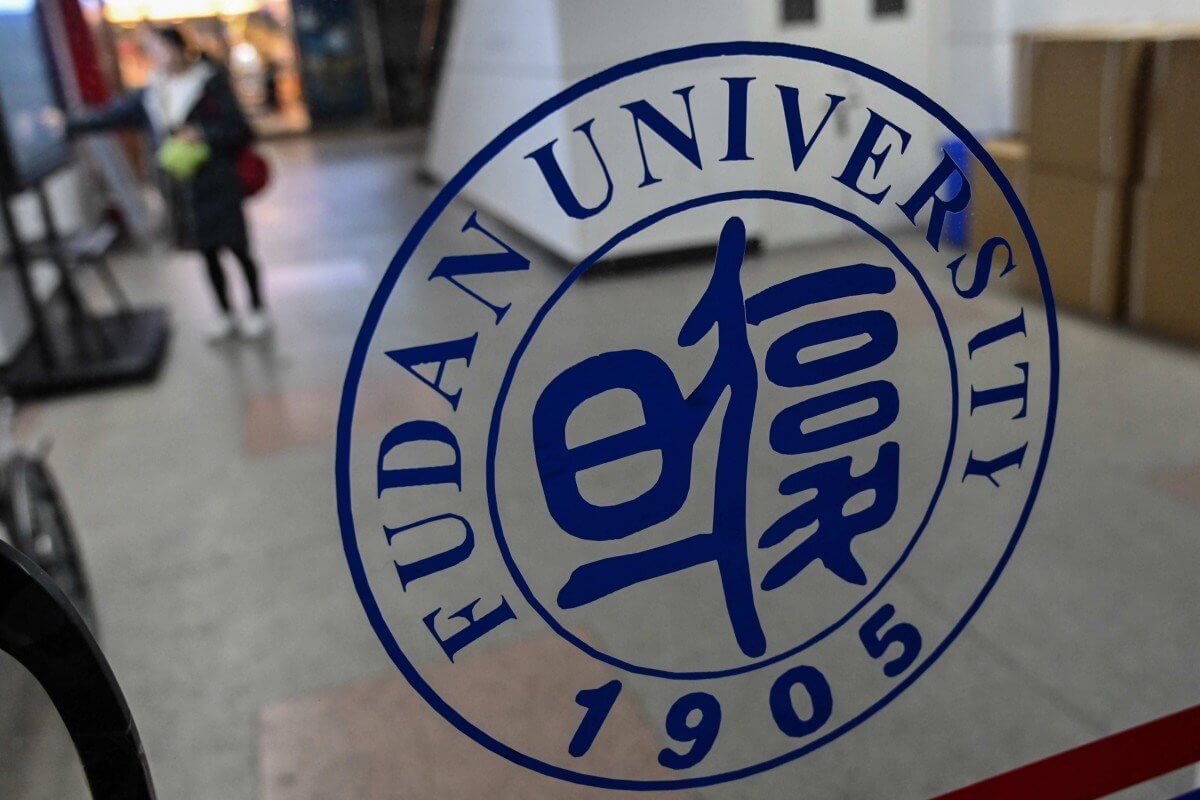The Hungarian government has signed an agreement with China’s Fudan University to open a campus in Budapest by 2024. As the institution’s only foreign outpost, it will be the first Chinese university campus in the European Union (EU) and will host approximately 6,000 students.
While Hungarian officials stress that Fudan—which is among the top 100 universities in the world—will raise the standard of higher education in the country and bring in significant Chinese investment and research, critics have lambasted the government for the lack of transparency around the project and argued that the move will only push Budapest further into the arms of Beijing.
“Until the government provides full disclosure of all the details of the project, we have nothing to negotiate about, which means that we will not give our consent to the construction of the Chinese university,” Budapest Mayor Gergely Karacsony told RFE/RL. Recent revelations about the Orbán administration taking on a huge Chinese loan have also raised concerns about the government’s intentions.
Official documents obtained by Direkt36 show that the construction would cost a whopping €1.8bn, which is more than Hungary spent on its entire higher education system in 2019. The state plans to finance around 20% of the project from its central budget and the rest through a $1.5 billion loan from a Chinese bank. Direkt36 said that its investigation also indicated that the Fudan campus would be situated in the capital city’s southern 9th District, Ferencváros, at the site of the planned Budapest Student City development, which had been intended to provide affordable housing for up to 12,000 Hungarian students to ease the burden of the high cost of living in Budapest. Adding to the controversy is that the job of building the campus is expected to go to the China State Construction Engineering Corporation (CSCEC), which “has been suspected of corruption and espionage in many parts of the world in recent years.”
“They want to bring in a university which is indeed a serious university on the international level, but its charter requires that it represent the worldview of the Chinese Communist Party,” Karacsony warned, arguing that such moves made Hungary “a kind of advanced bastion of Eastern great powers in the European Union.”
Amid its frequent clashes with the EU over media freedom, rule of law and judicial independence, Hungary in recent years has employed an approach to diplomacy it calls “Eastern Opening,” which focuses on increased cooperation with countries like China, Russia, Turkey, and others in Central Asia. With respect to China specifically, the two countries are already forging ties on numerous fronts. Hungary has taken a $2bn loan from China’s Exim Bank for the construction Belgrade-Budapest railway line, it hosts Huawei’s largest supply centre outside of China, and is the only country in the 27-nation bloc to have approved China’s COVID-19 vaccine. Experts suggest that the Fudan development is yet another move by Beijing to exert its soft power and influence in the region through educational initiatives and investments.
Hungary to Open First Chinese University Campus in Budapest by 2024
Experts suggest that the development is yet another move by Beijing to exert its soft power and influence in the region through educational initiatives and investments.
May 4, 2021

SOURCE: REUTERS
